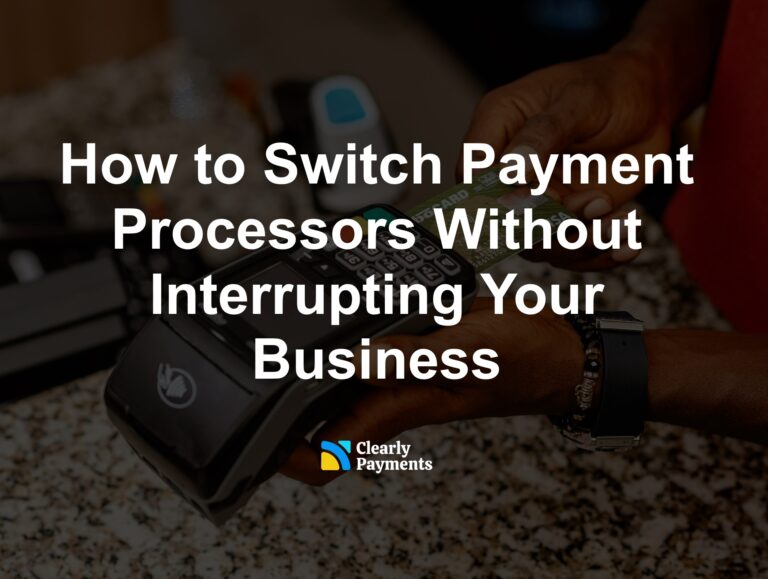As a business owner, payment processing fees can quickly add up and impact your bottom line. The good news is that in both Canada and the USA, payment processing fees are generally considered legitimate business expenses and can be tax deductible.
Canada taxes and payment processing fees
In Canada, payment processing fees can be deducted from your business income for tax purposes. According to the Canada Revenue Agency (CRA), reasonable fees paid to financial institutions, credit card companies, or other payment processors for accepting payment from customers are considered a cost of doing business and can be claimed as a deduction on your tax return.
To claim payment processing fees as a deduction, you will need to keep accurate records of all the fees you paid to process payments, as well as any other related expenses. This can include fees for setting up and maintaining payment processing equipment or software, and any fees associated with chargebacks or disputed transactions. Clearly Payments has full historical reporting that makes this easy.
It’s important to note that there may be specific rules and limitations surrounding the deductibility of payment processing fees in Canada. For example, the CRA may not allow you to deduct fees paid for personal expenses or fees that are considered excessive or unreasonable. It’s always recommended to consult with a tax professional or accountant to ensure that you’re properly claiming all the deductions you’re entitled to.
USA taxes and payment processing fees
Similarly, in the USA, payment processing fees are considered a legitimate business expense and can be tax deductible. The Internal Revenue Service (IRS) allows businesses to deduct fees paid to credit card companies, banks, or other payment processors for the privilege of accepting payment by credit card, debit card, or other electronic means.
To claim payment processing fees as a deduction, you will need to keep accurate records of all the fees you paid to process payments, as well as any other related expenses. This can include fees for setting up and maintaining payment processing equipment or software, and any fees associated with chargebacks or disputed transactions. Clearly Payments has full historical reporting that makes this easy.
It’s important to note that there may be specific rules and limitations surrounding the deductibility of payment processing fees in the USA. For example, the IRS may not allow you to deduct fees paid for personal expenses or fees that are considered excessive or unreasonable. It’s always recommended to consult with a tax professional or accountant to ensure that you’re properly claiming all the deductions you’re entitled to.
Tips on deducting merchant fees for taxes
The specific treatment of these fees may vary depending on the tax regulations in your country and the nature of your business.
Here are some general points to consider when it comes to deducting payment processing fees from taxes:
Business Expense Deduction: In most jurisdictions, payment processing fees can be categorized as business expenses and deducted from your business income. This deduction can help reduce your taxable income, potentially resulting in lower tax liability.
Keep Accurate Records: It’s crucial to maintain proper documentation and records of your payment processing fees. This includes retaining invoices, receipts, bank statements, and any other relevant documents that demonstrate the fees incurred.
Separate Fees from Gross Sales: When deducting payment processing fees, it’s important to ensure that you are deducting the fees as a separate expense rather than including them in your gross sales or revenue. Deducting the net amount (gross sales minus payment processing fees) reflects the actual income you received after the fees were deducted.
Consult with a Tax Professional: Tax laws can be complex and subject to change, so it’s always wise to consult with a tax professional or accountant who can provide guidance tailored to your specific situation. They can help you navigate the tax regulations, identify eligible deductions, and ensure compliance with local tax laws.
Remember, tax deductions can vary depending on your jurisdiction and the type of business you operate. Seeking advice from a qualified tax professional will ensure that you accurately understand the rules and regulations that apply to your specific circumstances.




